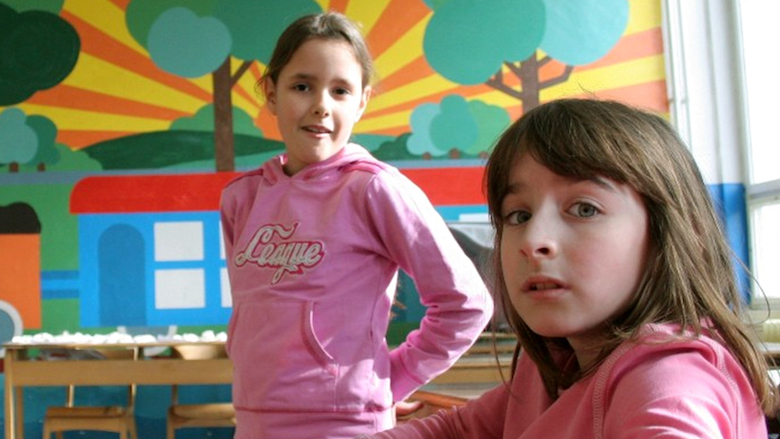To prepare children for school, a stimulating home environment for learning and development is vital, since very young children spend most of their time at home. In Serbia, where fewer than 50 percent of young children are enrolled in preschool, the government is trying to expand preschool enrollment and at the same time promote stimulation at home by both mothers and fathers to ensure that poor children and those living in areas with low preschool access are better prepared to learn when they enter school. Parents will be offered a group program that will provide information on child development and activities to do at home; there will also be a communications campaign aimed at parents, particularly fathers, on how to promote young children’s development, and on the services available, such as preschools, and why children benefit from these early education programs. Using a combination of data sources, including nationwide household survey data collected by UNICEF, administrative records, and parents’ self-reports, this evaluation will test the relative effectiveness of the face-to-face and the communications campaign, as well as the impact of targeting on fathers, a group shown to be typically less involved in child engagement activities than mothers.
Study title: | Impact of a low-cost parenting program on fathers’ parenting skills and attitudes towards young children. |
|---|---|
| Research question: | Can behaviorally-driven, demand-side interventions such as group-parenting sessions and information delivered via SMS and social media improve parental time use, early child-care practices, and social and gender norms and attitudes? |
| Policy problem: | High percentage of children not developmentally on-track and low engagement of fathers in the care of children. |
| Evaluation Design: | Treatment 1 Parents offered to participate in a group parenting program providing information and activities to practice at home and focusing on knowledge, skills, self-confidence, and support systems for parents. Program includes weekly meetings, SMS, booklet and materials to use for early stimulation. Either parent can participate. Curriculum includes a session on the role of fathers. Treatment 2 The same intervention as in Treatment 1 but fathers are invited and encouraged to participate. Fathers receive additional messages during the weekly reinforcing messages. Control Parents will receive no intervention but will be exposed to a nationwide parenting campaign run by an external partner and coordinated by the Ministry of Education. |
| Data sources: | UNICEF MICS surveys and administrative data, phone endline survey with mothers and fathers. |
| Researchers: | Pedro Carneiro, Ana Maria Munoz Boudet, Julie Perng, Katia Herrera Sosa, Tamara Arnold Urzua, Lara Lebedenski |
